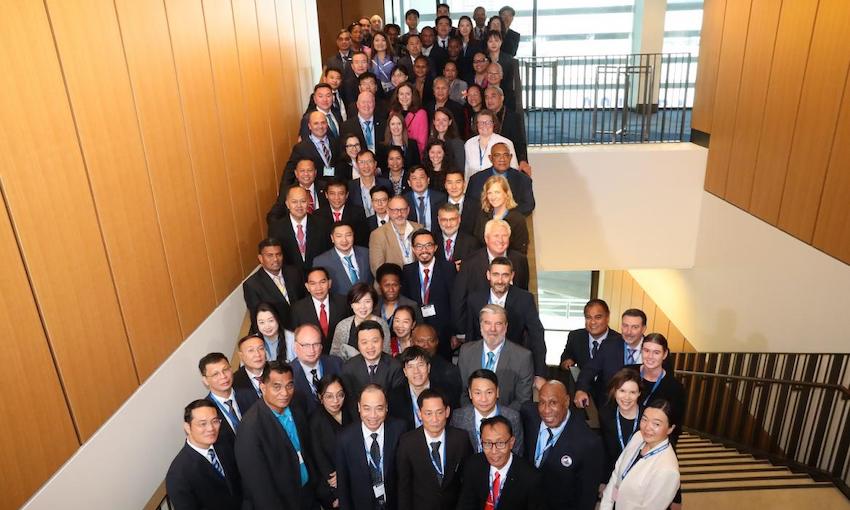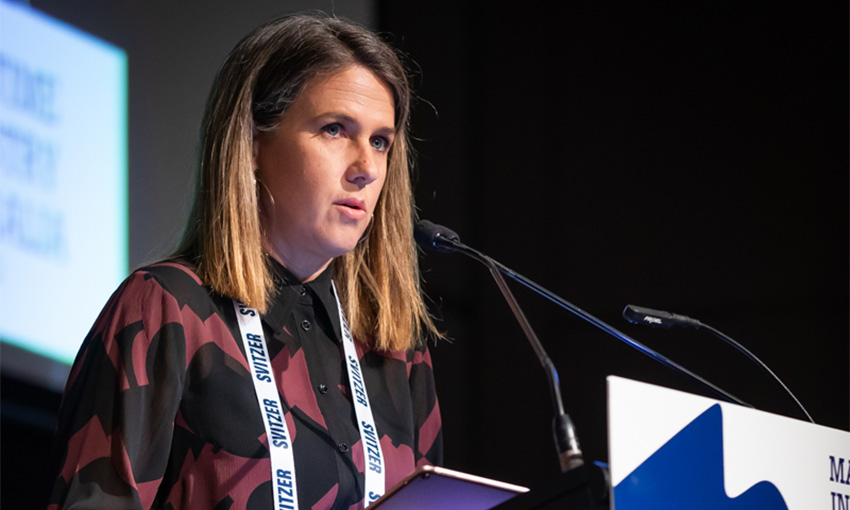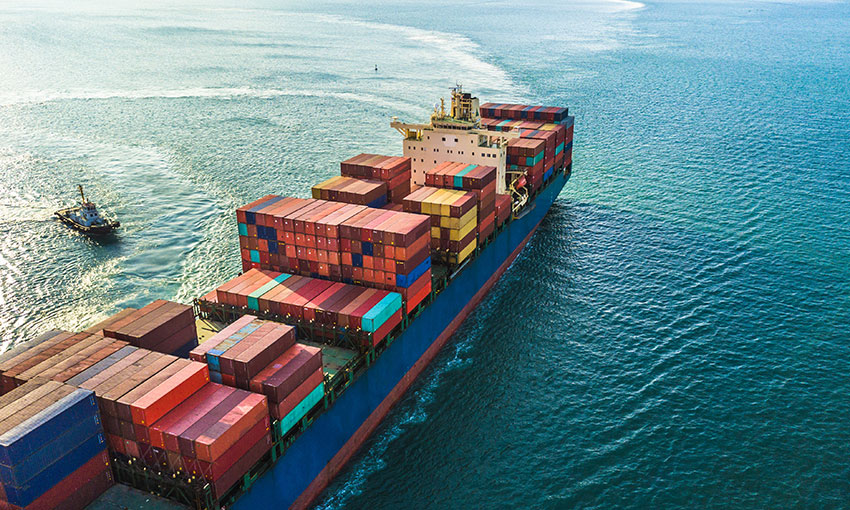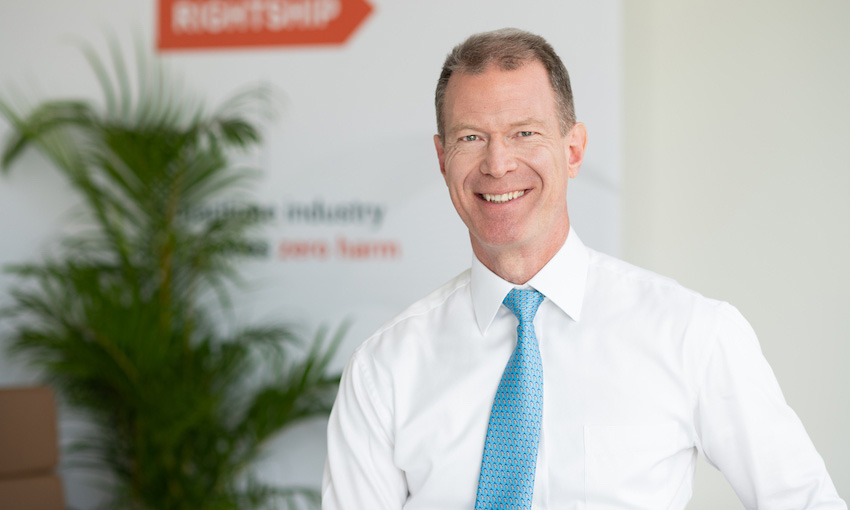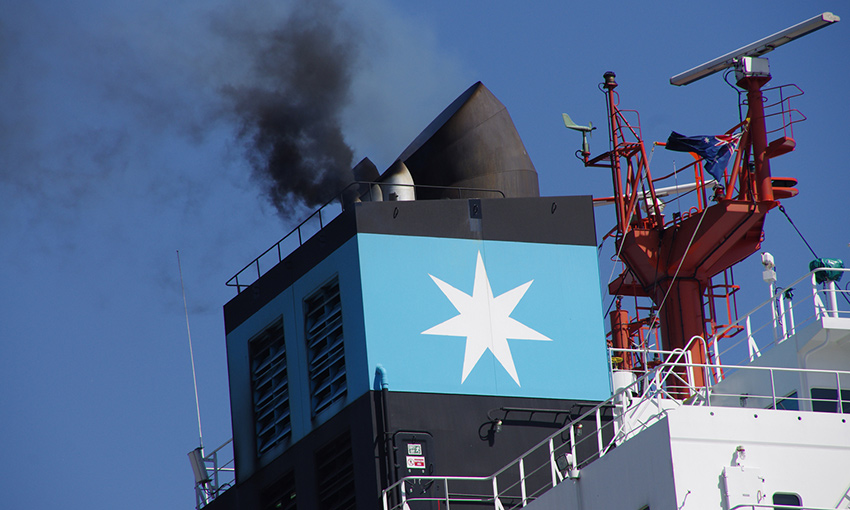PLANS to reduce emissions and increase safety for mariners have emerged from a maritime leaders forum in Sydney.
Australia co-hosted the Asia-Pacific Heads of Maritime Safety Agencies (APHoMSA) forum with Mongolia last week. Twenty-six countries participated in the event.
The forum prioritised women in maritime, safety at sea including seafarer welfare, marine environment protection, regional co-operation and maritime incident response.
The Australian Maritime Safety Authority, which hosted the event, said forum concluded with three key actions around continued collaboration to reduce greenhouse gas and increase safety at sea.
AMSA said the group noted the importance of the International Maritime Organization adopting a revised GHG strategy, with a view to adoption of the 2023 IMO Strategy on Reduction of GHG Emissions from Ships at MEPC 80.
Leanne Loan, head of the Australian delegation, said Australia supported an “ambitious” approach to phasing out greenhouse gas emissions from international shipping by 2050.
“The revised strategy must set international shipping on a practical and achievable pathway to the new 2050 ambition,” she said.
“This includes setting interim targets for a percentage of the global fuel mix or global fleet to consist of low and zero emission fuels or vessels, to stimulate demand for low emission fuels.
“The Australian government has also recently committed to establishing the Maritime Emissions Reduction National Action Plan (MERNAP) which will seek to support industry in this transition by setting a nationally consistent strategic direction.”
Ms Loan also discussed Australian initiatives to support this plan, including shore-side power facilities, alternative fuel hubs and green shipping corridors being considered at Australian port.
She said AMSA observed strong interest from the Australian maritime industry in biofuels to transition existing ships with minimal need to retrofit.
AMSA said another key outcome of the forum was agreement on the importance of drafting of a global strategy for women in maritime associations to make sure the progress being made to increase psychological and physical safety of mariners is applied globally.
This would include mandatory training provisions on psychological safety, bullying, sexual assault and sexual harassment.

